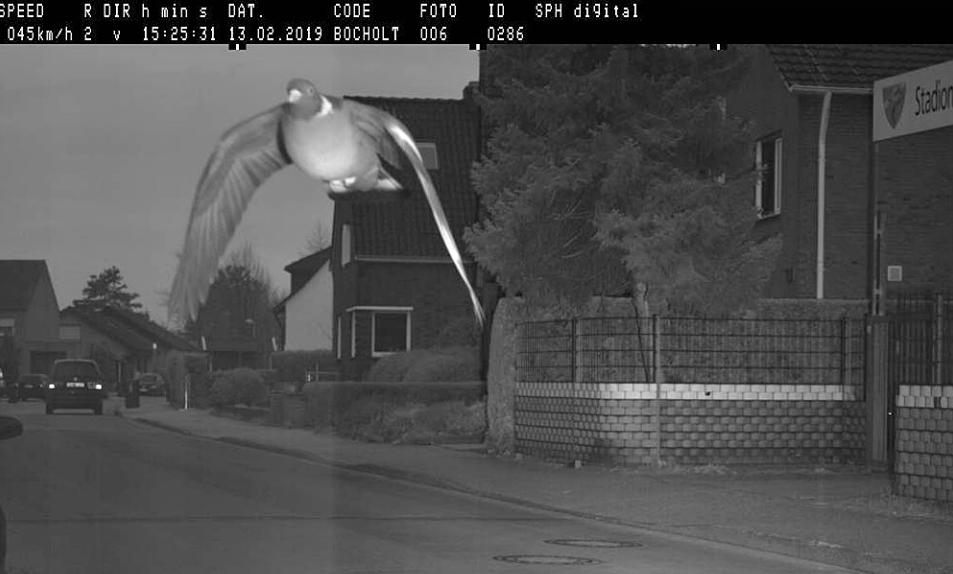A proposal by ultraconservative lawmakers to ban pets has left animal lovers stunned.
One business owner and pet lover, Mostafa said his cat is not dangerous. The 25-year-old, who runs a pet supply shop on busy Eskandari Street in downtown Tehran, was stunned.
“Crocodiles can be called dangerous, but how can rabbits, dogs and cats be dangerous?” he said, incredulous that the bill was introduced one month ago.
The 25-year-old, who runs a pet supply shop on busy Eskandari Street in downtown Tehran, was stunned.
The proposed law pits a growing number of people with pets against those who consider the practice decadent and hold that under Islamic law dogs, like pigs, are unclean.
In 2019, Iran banned walking your dog in public.
Media reports have said that 75 lawmakers, or one-quarter of them, have signed a text titled Support for the Rights of the Population in Relation to Harmful and Dangerous Animals in November.
The law’s introduction condemns the practice of humans living under one roof with domesticated animals as a “destructive social problem.”
The phenomenon could “gradually change the Iranian and Islamic way of life” by “replacing human and family relationships with feelings and emotional relationships toward animals,” it says.
The law would prohibit “importing, raising, assisting in the breeding of, breeding, buying or selling, transporting, driving or walking, and keeping in the home wild, exotic, harmful and dangerous animals.”
The law lists the animals to be banned as “crocodiles, turtles, snakes, lizards, cats, mice, rabbits, dogs and other unclean animals.”
Offenders would risk a fine of up to 30 times the “minimum monthly working wage” of about US$98 and the “confiscation” of the animal.
In addition, vehicles used to transport the animal would be confiscated for three months.
The bill has sparked criticism in the media, mockery on social media and anger among residents of the capital.
“These projects will certainly cause chaos, corruption and collective disobedience to this law because … living with animals is now a cultural phenomenon,” the reformist daily Shargh said.
Some Internet users reacted with irony and sarcasm.
“How many times have cats sought to devour you so that you consider them wild, harmful and dangerous?” journalist Yeganeh Khodami wrote on Twitter.
Another posted a photograph of his kitten with the message: “I have renamed my cat ‘Criminal’ since I heard this proposed law.”
Iranian Representative Somayeh Rifiei said she believes that a law is needed that regulates which animals can be kept.
“No one can deny the services that animals provide to humans, but this area must be regulated,” she said. “That is the basis of social life.”
She said that, aside from the pet ban bill, “the government has drafted a bill that gives special attention to biodiversity and wildlife. It deals with both animal rights and human rights.”
“Basically, I would prefer to see this bill on the agenda rather than a proposal that focuses only on criminalization,” she added.
On Eskandari Street, vendors fear the consequences of such laws.
“It might destroy thousands of jobs,” 34-year-old Mohsen said.
His wife, Mina, said she was more worried about her dog.
“Why should I imprison him at home?” she said of her canine companion. “The lawmakers probably assume that young couples today don’t have children because they have a pet dog, but that’s stupid.”
“It’s not the dogs, but the economic conditions that don’t allow us to have children,” she said. “At one time, they banned satellite television, yet people continued to use it, but with fear and anxiety. People will keep their animals at home to protect them.”




